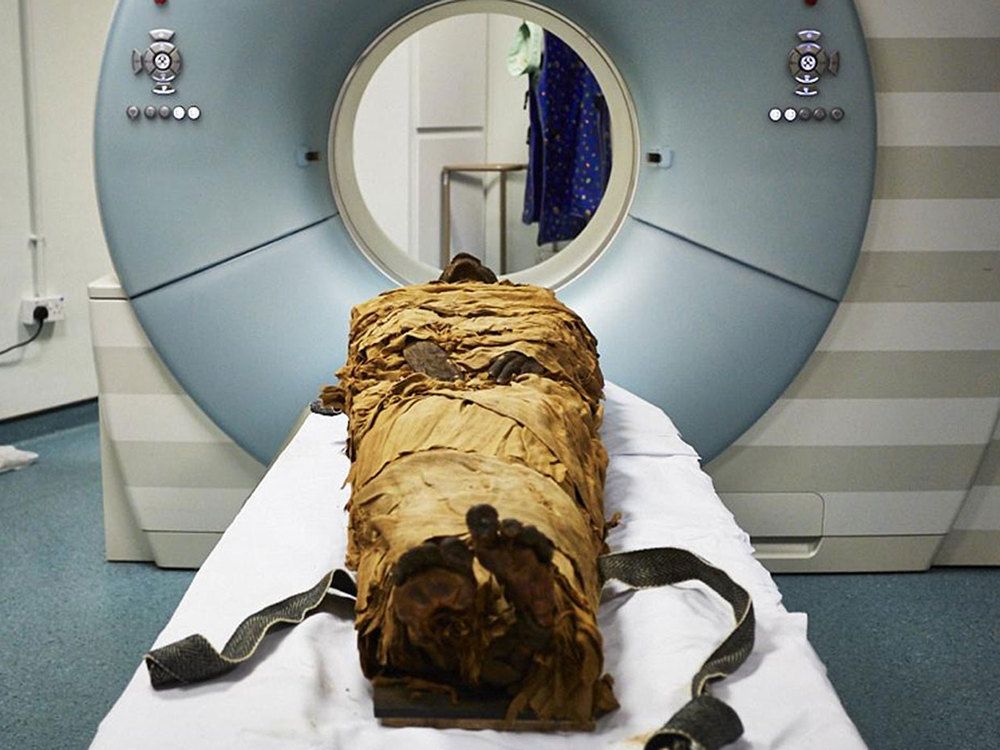Circa 2011 essentially cancer could help with evolution as it can challenge the immune system to be more strong. Essentially a symbiotic relationship to evolve with it and grow stronger with it then like it can be used as a good thing to make sure that evolution has stronger genetic code.
Evolutionary theories are critical for understanding cancer development at the level of species as well as at the level of cells and tissues, and for developing effective therapies. Animals have evolved potent tumor suppressive mechanisms to prevent cancer development. These mechanisms were initially necessary for the evolution of multi-cellular organisms, and became even more important as animals evolved large bodies and long lives. Indeed, the development and architecture of our tissues were evolutionarily constrained by the need to limit cancer. Cancer development within an individual is also an evolutionary process, which in many respects mirrors species evolution. Species evolve by mutation and selection acting on individuals in a population; tumors evolve by mutation and selection acting on cells in a tissue. The processes of mutation and selection are integral to the evolution of cancer at every step of multistage carcinogenesis, from tumor genesis to metastasis. Factors associated with cancer development, such as aging and carcinogens, have been shown to promote cancer evolution by impacting both mutation and selection processes. While there are therapies that can decimate a cancer cell population, unfortunately, cancers can also evolve resistance to these therapies, leading to the resurgence of treatment-refractory disease. Understanding cancer from an evolutionary perspective can allow us to appreciate better why cancers predominantly occur in the elderly, and why other conditions, from radiation exposure to smoking, are associated with increased cancers. Importantly, the application of evolutionary theory to cancer should engender new treatment strategies that could better control this dreaded disease.
We expect that the public generally views evolutionary biology as a science about the past, with stodgy old professors examining dusty fossils in poorly lit museum basements. Evolution must certainly be a field well-separated from modern medicine and biomedical research, right? If the public makes a connection between evolution and medicine, it is typically in the example of bacteria acquiring antibiotic resistance. But what does evolution have to do with afflictions like heart disease, obesity, and cancer? As it turns out, these diseases are intricately tied to our evolutionary histories, and understanding evolution is essential for preventing, managing and treating these diseases (1, 2). This review will focus on cancer: how evolutionary theories can be used to understand cancer development at the level of species as well as at the level of cells and tissues. We will also discuss the implications and benefits of an evolutionary perspective towards cancer prevention and therapies.
For almost all animals, old age is associated with a general decline in tissue structure and function. This decline is thought to reflect the lack of selective pressure to maintain tissues beyond an age when the animal would be likely to contribute genetically to future generations (3−5). Similarly, there is little selective pressure to limit cancer in old animals who are substantially beyond their reproductive years. For example, while mice can live 2–4 years in the lab, and tend to develop cancer in their second and third years, it is rare to find a mouse greater than 1 year old in the wild. Most wild mice will be dead from other causes, such as cold, hunger, disease or predators, well before the age when cancer would be a likely cause of their demise. Thus, evolution has favored a “breed early, breed often” strategy for mice.






